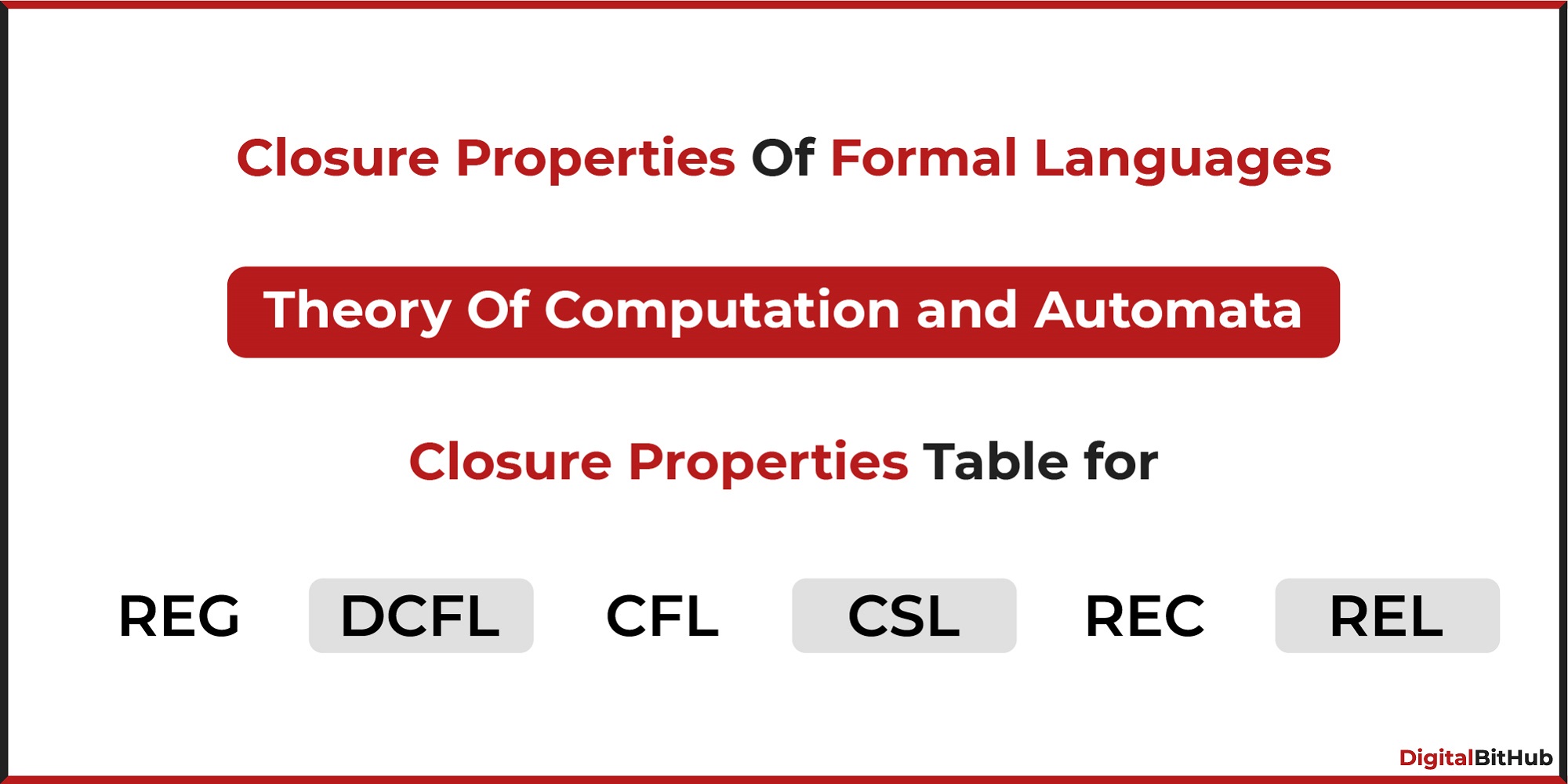Let L1, L2 be two regular languages and L3 a language which is not regular. Which of the following statements is/are alwaysTRUE?
A.
B.
C.
D.
Solution:
Option A: False, as a double implication we need to check both sides and take a case where L1 is a subset of L2 still, the intersection of the statement will be null.
Option B: False, take L1 as (a+b)*, the union of any non-regular language over alphabet a and b with language L1 will always be regular.
Option C: True, Regular languages are closed under complementation.
Option D: True, Regular languages are closed under union.
Learn more about Closure Properties.
